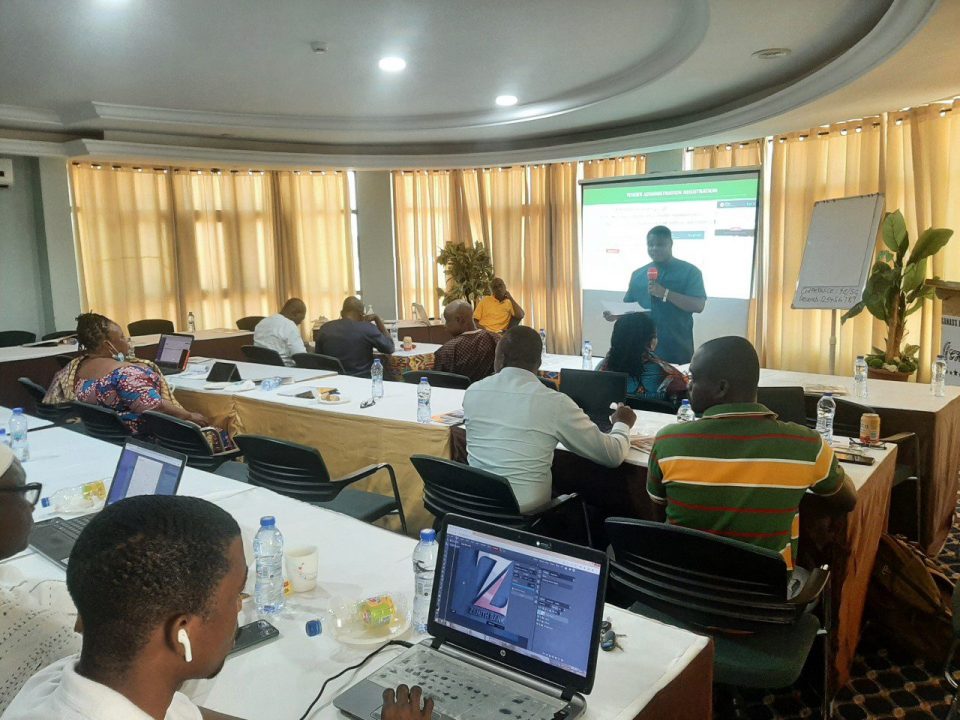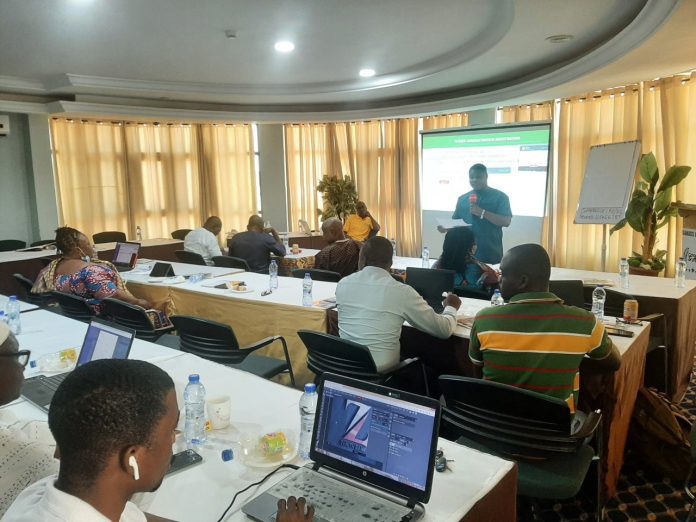Some officials of the Ghana Health Service and Ghana Education Service from three districts in the Upper East Region have undergone training in Bolgatanga to upgrade their knowledge in procurement processes.
The participants, including some civil society organisations, private sector suppliers of goods and services to health and educational institutions, and journalists were drawn from the Bolgatanga Municipality, Talensi and Bongo districts, for the three-day training.
Organised by the Ghana Anti-Corruption Coalition (GACC), in collaboration with the Participatory Action for Rural Development Alternatives, the participants were taken through procurement laws, the Ghana Electric Procurement System, and Corruption Risks in Procurement.
Mr Bright K. Sowu, the Head of Programmes of the GACC, in an interview with the Ghana News Agency during the programme in Bolgatanga, said the training, funded by the Global Integrity based in US, was to upgrade the capacity of procurement people at the subnational level.
He said the idea was born from another project funded by the Open Society Initiative for West Africa in the selected districts, which concentrated on corruption risks in procurement.
The previous project entailed meetings and training programmes and it became known the capacity of some of the procurement people at the subnational level needed some upgrade, he said.
The Public Procurement Authority (PPA), which was a member of the Coalitition, was petitioned on the need for the training and officials from the Authority were released to facilitate the training, Mr Sowu said.
“We thought it was best to be able to build their capacity in procurement laws, so they understand the legal environment in which they are operating to be able to reduce some of the mistakes that happen in procurement,” he said.
“Also, the more they know about the laws and procedures, the easier it will be for them to spot issues of corruption and mismanagement, flag and report same.”
Mr Thomas Kojo Bondzi, the Head of Management Information System, PPA, took participants through accessing tenders and contracts on the PPA’s website, and how to publish their own tenders and contracts on the website, and the Ghana Electronic Procurement System.
He said the Procurement Act required that they published any tender they wanted to undertake on the PPA’s website and should have approval for single and open tender contracts, adding that once contracts were awarded, they must also be published on the site.
The participants, after the training, were expected to comply with provisions of the Act in sessions 47 and 31 of the Procurement Law, adding that with the electronic procurement system, procurements would gradually be migrated from the manual to the electronic system.
Dr Michael Wombeogo, the Executive Director of PARDA, said the organisation was the sole partner of the project in Ghana and urged the participants, especially those from the GHS and GES, to take steps to avoid acts of corruption in their procurement processes.
Mr William Afoakwah Ayim, a Procurement Manager at the Regional Hospital in Bolgatanga, and a participant, said the programme was impactful, and with the introduction of the Ghana Electronic Procurement System, the workload associated with the manual procurement would be reduced.
Follow News Ghana on Google News





